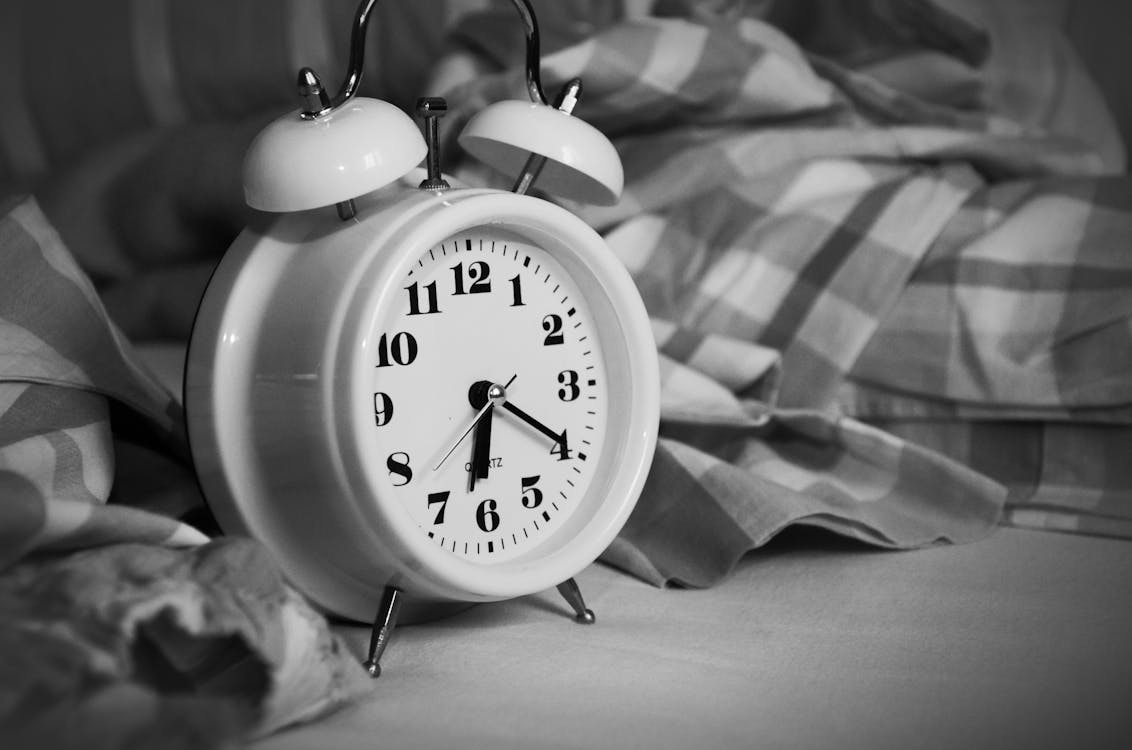An increasing amount of research has found links between poor sleep and several cancers. Getting regular and sufficient sleep are an essential part of your overall health. If that period of time when the body is busy rebooting and fortifying its defenses is chronically shortened or disrupted, this could eventually have serious repercussions for cancer risk down the road.
While sleep itself has not been deemed a causal factor for cancers, researchers have associated certain sleep disorders with an increased risk of cancer. The three main sleep issues correlated with cancer are chronic sleep deprivation, sleep apnea, and shift work sleep disorder.
Anyone who has missed a night’s sleep understands the reality of sleep deprivation. When I get fewer than 5 hours of sleep for a few days consecutively, I would feel enervated, lack stamina when I exercise, easily agitated and find it hard to concentrate and remember things. I would constantly doze off throughout the day.
When we don’t get enough sleep, when we’re chronically sleep-deprived, that can lead to chronic inflammation and insulin resistance. Chronic inflammation has been associated with several kinds of cancer, and insulin resistance is a precursor to diabetes that occurs when your cells don’t respond appropriately to the insulin the pancreas makes to help your cells take up glucose from your blood. Inflammation and insulin resistance can both set the stage for cancer by contributing to DNA damage.
Chronic sleep deprivation (getting less than sufficient sleep over a sustained period of time, usually 7 to 8 hours for adults) is associated with:
1. Poorer memory and cognitive processing skills
2. Weakened immune system
3. Weight loss or weight gain
4. Increased irritability and higher risk for depression
5. Poorer judgment

Many people do not give priority to sleep. With the advent of electronic devices and social media, many people are losing sleep to these ‘vices’ without realizing the negative effects this has on their health.
Sad but true, multiple studies have linked sleep deprivation with increased cancer risk.
1. Men with insomnia were twice as likely to develop prostate cancer, according to a 2014 study that followed more than 2,000 men over a five-year time frame.
2. Individuals who averaged fewer than 6 hours of sleep per night (below the recommended amount of 7 to 8 hours) had a 50 percent increased risk of colorectal cancer, according to a 2010 study.
3. Lack of sleep is correlated with more aggressive forms of breast cancer, according to a 2012 study of postmenopausal women. They found that breast cancer patients who regularly slept fewer hours of sleep tended to have more aggressive forms than women who slept longer.

Researchers suspect that a disruption in the circadian rhythm could pose a risk for developing cancer, since the body’s internal clock affects so many biological functions. One theory is that the suppression of melatonin at night (which comes from exposure to bright light) could be partly responsible. Indeed, scientists have seen this link in animal studies; for example, when they manipulate the sleep/wake cycles of rodents for an extended time, cancers grow faster.
The bottom line is whether you’re worried about your risk of developing cancer or not, good sleep is fundamental to so many things.
